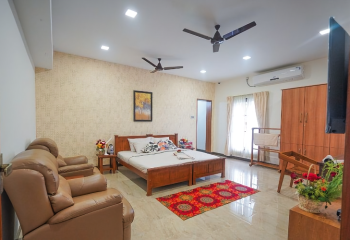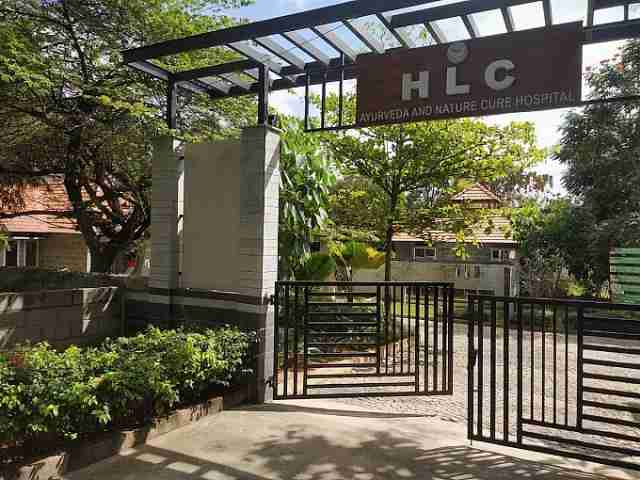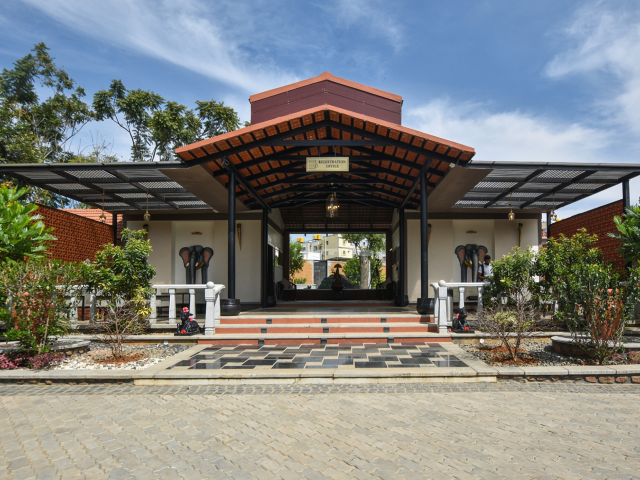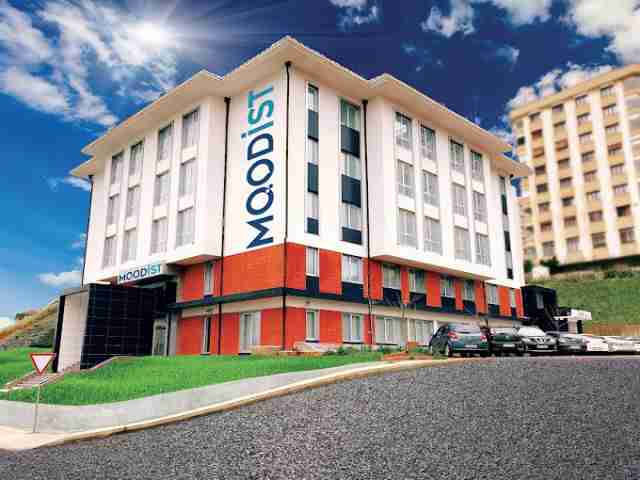More About Rehabs Treatment Centers for Weight Loss
Weight Loss Rehab Centers
A weight loss rehab center is a facility that provides holistic services and treatments to help you with your significant weight loss goals. While at rehab, you will learn to change your eating and exercise habits and sort out any medical and psychological concerns. As you work through your concerns, you will deepen your understanding of overarching wellness through educational sessions on self-care, meal planning, and more. Support can also be found through group therapy, individual sessions and alternative therapies. You can expect to focus on discovering how to adjust your routines and lifestyle while making plans for life after rehab.
Eating Disorder Treatment at a Weight Loss Rehab
Some weight loss rehab centers also specialize in treating people with eating disorders. The treatment approach for centers that focus on eating disorders will address the underlying psychological, emotional and behavioral aspects of the disorder. The ultimate goal of weight loss rehab centers is to help you make long term lifestyle changes while improving your general well-being and preventing weight-related health conditions.
Receiving Eating Disorder Treatment at a Weight Loss Center
Eating disorder treatment at a weight loss center usually involves a multi-disciplinary approach focused on addressing the physical and psychological features of the disorder. It is important to know that there is not necessarily a cure for eating disorders. They are much like other mental health conditions; you will learn how to manage them, giving them less power over your life. Psychotherapy is the foundation of treatment for eating disorders and it will usually be customized to the individual’s condition, culture, age, experiences, and more. Some of the most common evidence-based therapies used to treat eating disorders are:
- Cognitive behavioral therapy - this is the most widely studied therapy used to treat eating disorders. You will be taught to identify your destructive thought patterns, develop awareness, change your thinking and eventually your behavior
- Compassion-focused therapy - this form of therapy will help you develop self-love and have compassion for the parts of yourself that are hurting
- Family therapy - this therapy is particularly helpful for children or adolescents - it treats the family as a unit and empowers the parents to help their child through recovery
- Nutritional therapy
- Physical therapy and/or yoga - these therapies connect you back with your body and reduce negative emotions or feelings of shame
It’s important to know that while eating disorders can be treated at some weight loss centers, it can sometimes be a triggering environment to receive treatment for some people. It’s vital to do research to ensure that the treatment you are receiving for an eating disorder at a weight loss center has good reviews, success stories and employs personalized treatment and evidence-based therapies from master’s level clinicians who specialize in eating disorders.
Weight loss rehab treatment primarily aims to help individuals lose weight and embrace a healthy lifestyle. Some of the same therapies will be employed as you do inner work to change from the inside out.
Cost of Treatment at Weight Loss Rehab
Weight loss programs can vary in price depending on factors like duration, location and level of care needed. However, there are program options available that can fit almost every budget. A lot of the cost is based on the length of the program. Some short programs last from 1-12 weeks and can cost anywhere from a couple hundred dollars to several thousand, meanwhile longer programs range from a couple months to a year and can cost tens of thousands of dollars. Some insurance plans may cover a portion of your stay at a weight loss clinic, but it is best to check with your insurance provider and the program you are attending to get accurate information about the cost of treatment.
Long-term Benefits of Rehab at a Weight Loss Center
When you attend a weight loss program, you work with a multidisciplinary team of professionals that assess your needs and unique bio individuality to help you lose weight and maintain a healthy lifestyle when you leave. Your team of professionals can also help ensure that you achieve sustainable weight loss, rather than taking extreme measures that are trendy, leading to unsustainable results.
After guided weight loss, you will likely leave with improved overall physical health as well as a boost of self-confidence, self-compassion and renewed energy. The medical team can help you manage high blood pressure, diabetes, hormonal issues and more, giving you a greater quality of life and a longer duration of time enjoying life. When you begin to lose weight or work on your eating disorder, you will have more energy, enhancing your productivity and quality of life.
Given that you will be working on your physical self and your internal world through therapy, you will experience improved mental well-being and reduced symptoms of depression or anxiety.
Support and Counseling Services at Weight Loss Centers
Your emotions can greatly impact your food choices, especially when you’re dealing with other mental health concerns like depression, anxiety or stress. You might also struggle with your relationship to food, body image and weight; most weight loss centers will have counselors that address your emotional world. While working closely with a therapist during treatment, you can participate in several kinds of therapy including:
- Cognitive behavioral therapy - counselors will help you identify and overcome your thought patterns that are barriers to weight loss, emotional eating, stress or low self esteem.
- Trauma-informed counseling - you will work to address past trauma that has impacted your sense of self and heal the wounded parts of yourself.
- Dialectical behavioral therapy - this kind of therapy will help you learn to become mindful, regulate your emotions and tolerate distress.
Efficacy of Weight Loss Centers to Help Achieve Goals
Weight loss centers can be one of the most effective ways to reach your health and wellness goals. Because most centers take a comprehensive approach by personalizing meals, exercise programs, counseling interventions and support, many people willing to follow nutritional guidance and continue implementing what they’ve learned at home will find great success on their path to healthy living.












































